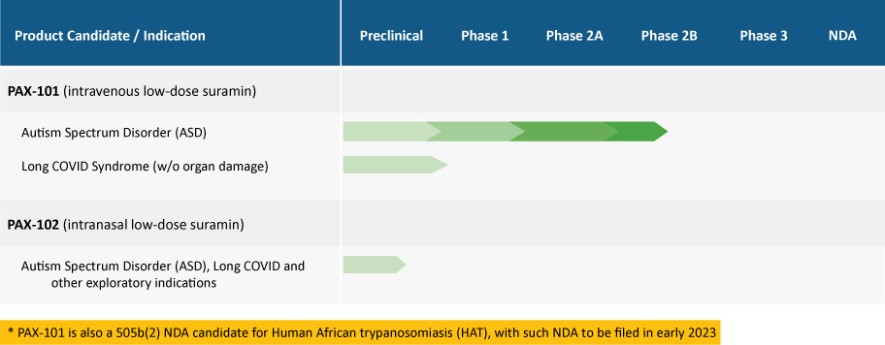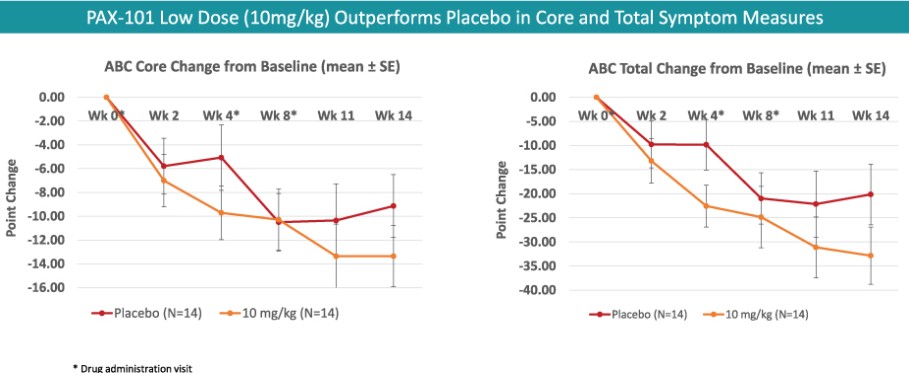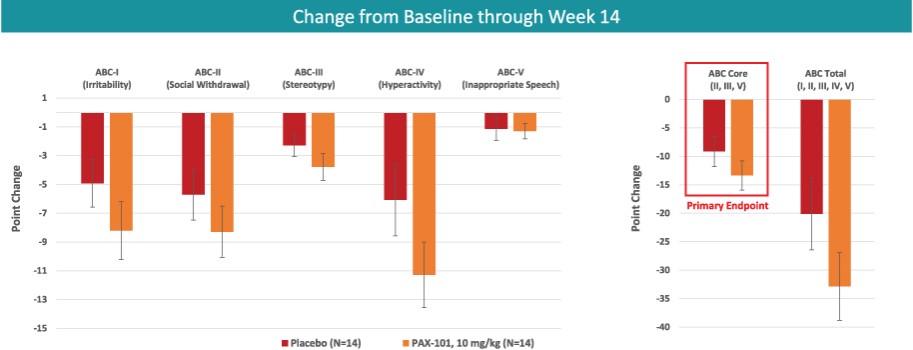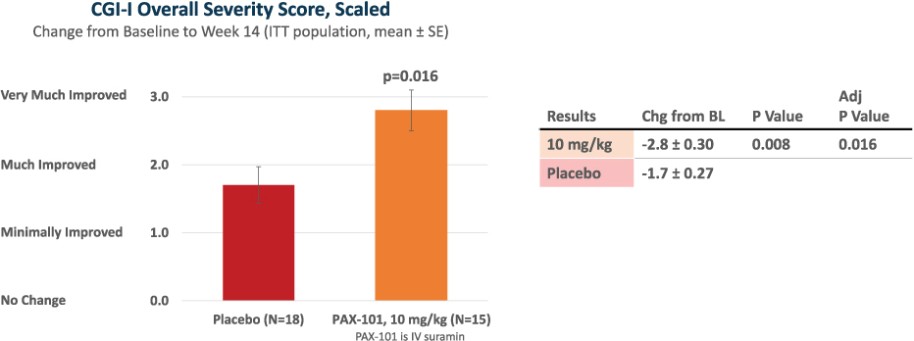protection afforded by a patent varies on a product-by- product basis, from country to country, and depends upon many factors, including the type of patent, the scope of its coverage, the availability of regulatory-related extensions, the availability of legal remedies in a particular country and the validity and enforceability of the patent.
Our commercial success will also depend in part on not infringing upon the proprietary rights of third parties. It is uncertain whether the issuance of any third-party patent would require us to alter our development or commercial strategies for our products or processes, or to obtain licenses or cease certain activities. Our breach of any license agreements or failure to obtain a license to proprietary rights that we may require to develop or commercialize our future products may have an adverse impact on us. If third parties prepare and file patent applications in the United States that also claim technology to which we have rights, we may have to participate in interference or derivation proceedings in the USPTO to determine priority of invention. For more information, please see “Risk Factors — Risks Related to Our Intellectual Property.”
We are aware of PCT international patent application PCT/US2018/017674, titled “Methods for Autism Spectrum Disorder Pharmacotherapy”, which lists Perfect Daylight Limited and The Regents of the University of California as Applicants, filed on February 9, 2018, published as WO 2018/148580 on August 16, 2018, and claiming priority to U.S. provisional patent application no. 62/457,120, filed on February 9, 2017. The patent application describes compositions of antipurinergic agents, such as suramin, and methods of use for treating cognitive developmental disorders and autism spectrum disorder. From publicly available databases, we are aware that a U.S. national phase application of this PCT patent application, U.S. application Serial No. 16/537,397, was filed in the United States and is currently pending. The European equivalent of the application was granted as EP3579836 on December 15, 2021, which commenced a 9-month period for public opposition. A Chinese application, CN201880024535.9, is also pending.
We are also aware of PCT international patent application PCT/US2018/017200, titled “Antipurinergic Compounds and Uses thereof,” which lists CSP Pharma, Inc. as Applicant, filed on February 7, 2018, published as WO 2018/148262 on August 16, 2018, and claiming priority to U.S. provisional patent application no. 62/456,438, filed on February 8, 2017. The patent application describes compositions and methods for treating neurodevelopmental disorders. The compositions contain an APT, such as suramin, and a carrier formulated for non-intravenous administration. The neurodevelopmental disorders include ASD. From publicly available databases, we are aware that a national phase application of this PCT patent application, U.S. application Serial No. 16/484,284 was filed in the United States. However, the US Patent Office issued a Notice of Abandonment on August 12, 2021 for applicant’s failure to respond to the office action of January 14, 2021. No further child applications are listed as pending.
We are also aware of PCT international patent application PCT/US2017/041932, titled “Diagnostic and Methods of Treatment for Chronic Fatigue Syndrome and Autism Spectrum Disorders,” which lists The Regents of the University of California as Applicant, filed on July 13, 2017, published as WO 2018/013811 on January 18, 2018, and claiming priority to U.S. provisional patent application nos. 62/ 464,369, filed on February 27, 2017 and 62/362,564, filed on July 14, 2016. The patent application describes biomarkers for diagnosing and predicting the development of chronic fatigue syndrome and methods of treating a mitochondrial disease or disorder, such as ASD, by administering an effective amount of an APT, such as suramin. Publicly available databases show no pending national or regional phase patent applications.
Because national phase applications of PCT/US2018/017674 are still pending at least in the United States and China, it is not certain if any patents will ultimately issue from these applications nor is it possible to predict the resultant claim scope of any such issued patent. We will continue to monitor the prosecution of these patent applications from publicly available documents.
License Agreements
On October 10, 2018 and November 9, 2018, we obtained the rights to worldwide, exclusive licenses to the patient data from the Ministry of Health, Republic of Malawi (the “Malawi License Agreement”) and Lwala Hospital (Soroti, Uganda) (the “Lwala License Agreement”), respectively, in connection with the treatment of East African HAT patients.
Under each of the Malawi License Agreement and the Lwala License Agreement (collectively, the “License Agreements”), we obtained an exclusive worldwide license to the medical data and information (in the form of patient medical files) related to patients who have been diagnosed with and/or treated for East African HAT. We intend to use these data to support our PAX-101 regulatory filings in the United States and Europe for the treatment of Stage 1 East African HAT. Pursuant to each of the License Agreements, we pay a fee to each licensor for its services in facilitating our access to, and analysis of, these data and we are obligated to make additional payments in the future based on the level of each licensor’s participation. As of September 30, 2022, we have paid an aggregate of $7,375 under the License Agreements. Each of the License Agreements has an indefinite term, but may be terminated by each party thereto upon material breach of the other party, if such breach is not remedied by the breaching party within 30 days after



